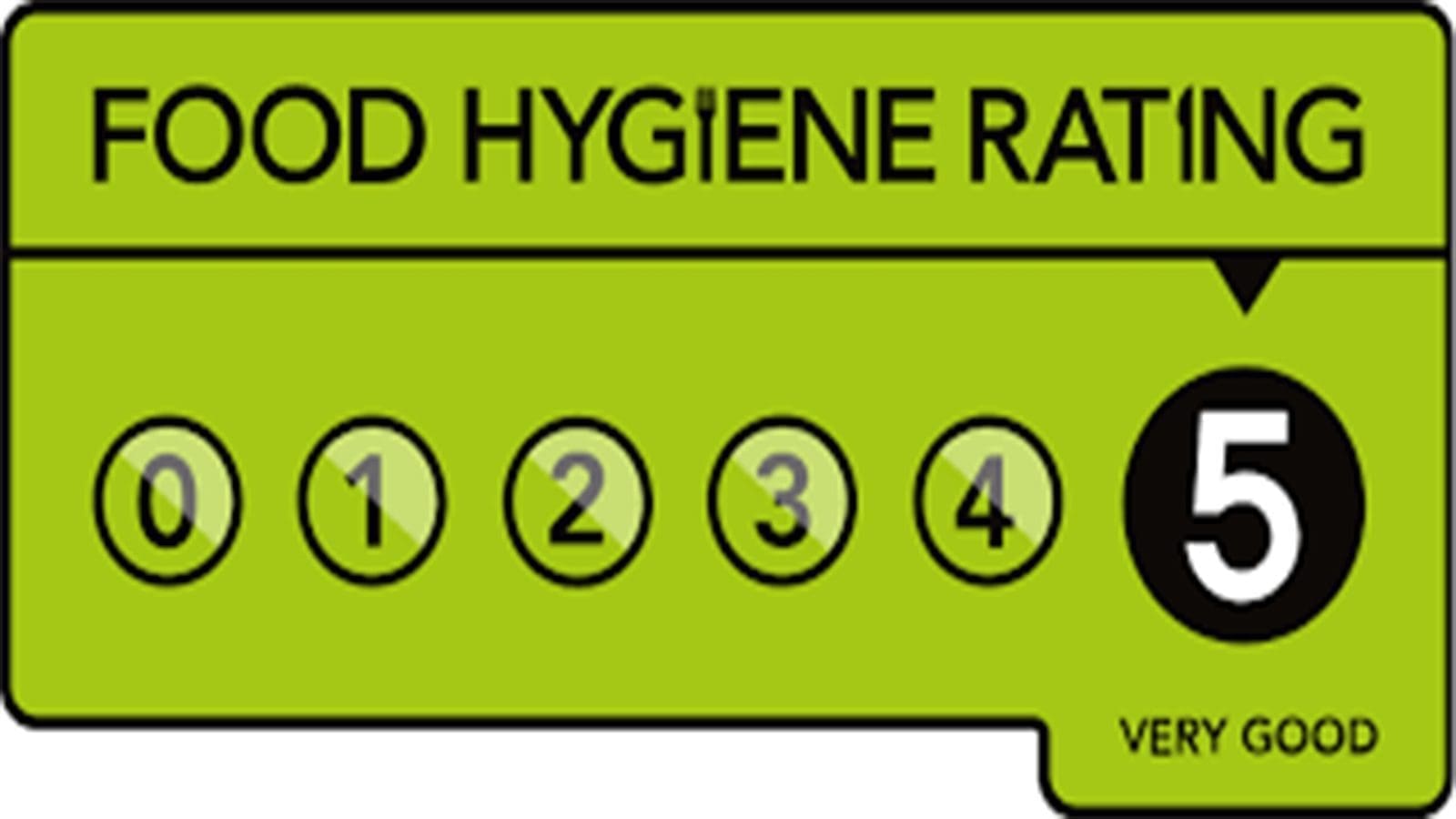UK – In a recent survey, the UK Food Standards Agency (FSA) found that the majority of consumers in the UK recognized the importance of the national Food Hygiene Rating Scheme (FHRS).
Participants’ understanding of the FHRS varied, and those who knew more about it reported looking at ratings for food safety and hygiene before choosing where to buy food.
People who were less familiar with the FHRS associated it with the rating stickers put up by restaurants but tended not to use them when making decisions. Beyond the greatest and worst scores, they had a limited comprehension of how the ratings were determined and what the ratings indicated.
The level to which participants used and regarded the FHRS varied when it came to its value for customers.
Although most participants acknowledged the value of the FHRS and FHRS ratings, and many of them used the scheme, participants also mentioned other factors when deciding where to buy food.
Participants also talked about the advantages of routine inspections. They discussed ratings derived from inspections that took place a number of years ago and voiced concern that these ratings would not accurately reflect the current state of food safety.
Through online discussion groups, the survey also aimed to gather consumer opinions on potential regulatory approach changes.
Modifications to the regulatory approach
Six potential modifications to the regulatory approach were introduced to the participants through scenarios that explained the potential change and what it would entail for certain businesses.
Regarding auditing, participants were amenable to the notion of using both internal and independent third-party audits. But they demanded FSA oversight to guarantee that inspectors conducting independent audits were properly qualified and trained.
Participants were adamantly opposed to changing the inspection process, including using remote assessments instead of physical inspections, especially for establishments that serve fresh food.
Most participants expressed concern that lower-risk businesses might interpret the removal of some from the inspection regime as “permission” to lower food hygiene standards.
However, a majority of participants favored using a scaled-back inspection schedule or remote inspections as a perk to reward compliant businesses and motivate them to uphold high standards.
The FSA also suggested reducing the frequency of interventions by implementing alternate assurance plans approved by the FSA. The advantages of lower inspection costs and resource savings were acknowledged by the participants.
However, some were worried that this would result in a haziness regarding who is responsible for what among many stakeholders.
The assessment of supermarkets and other large or multi-site firms as a whole rather than as individual outlets was another proposed regulation adjustment. There were differing opinions, with some participants believing that this shift would lower expenses and free up attention for other higher-risk firms.
Others expressed concern that underperforming facilities might gain from an overall rating that did not accurately reflect their practices.
For all the latest food safety news from Africa and the World, subscribe to our NEWSLETTER, follow us on Twitter and LinkedIn, like us on Facebook and subscribe to our YouTube channel.








